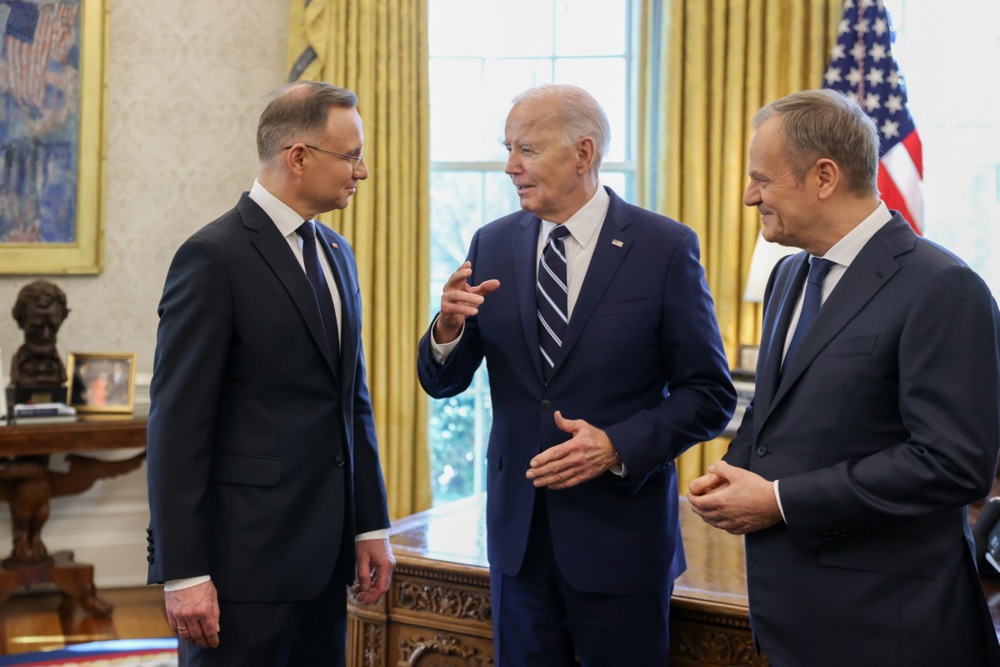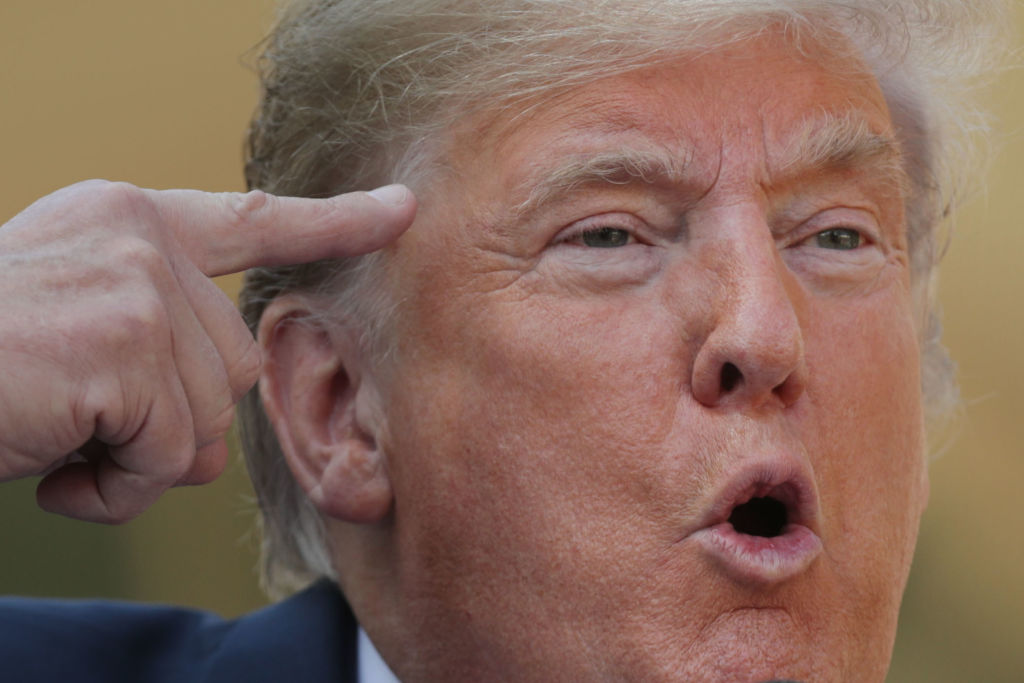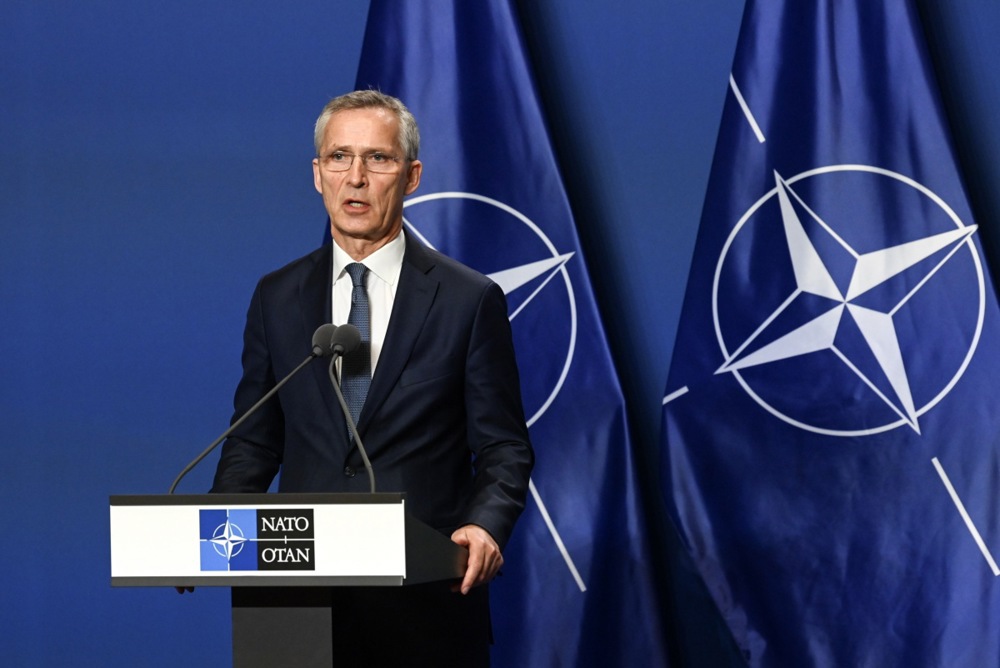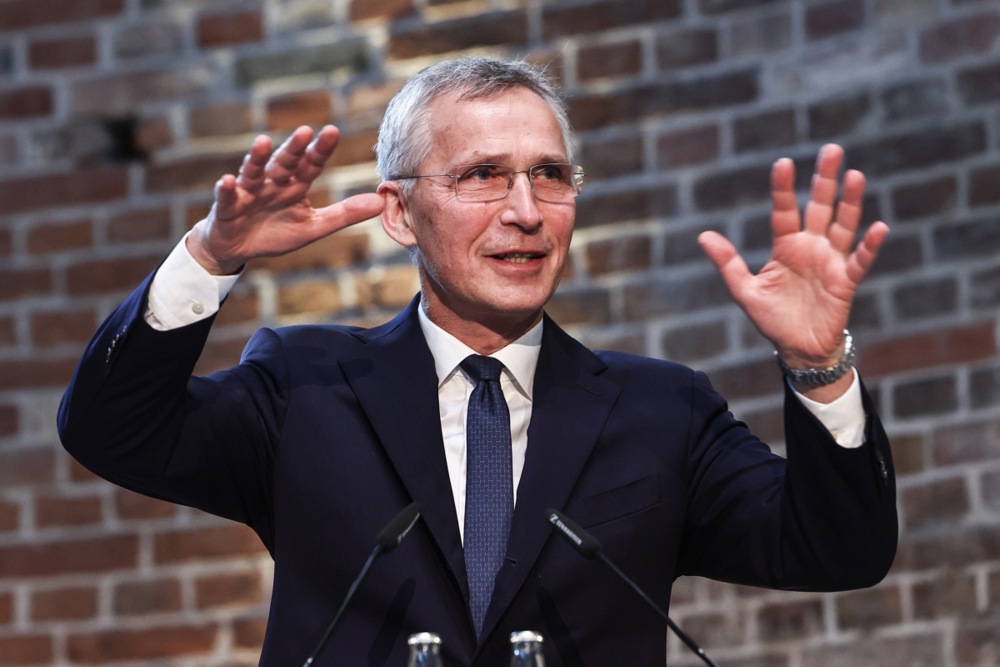Seven European NATO member countries are still not fulfilling their 2 per cent of GDP defence-investment commitment, according to the latest NATO figures.
Those nations are Croatia, Portugal, Italy, Belgium, Luxembourg, Slovenia and Spain. Outside the continent, Canada also fell short.
This is however an improvement on a decade ago. Only three members were in full compliance in 2014 — the US, Canada and the UK — whereas 23 countries now achieve the target.
As can be seen below, the latest NATO members have met the requirement the fastest.

Eastern European countries have made a great effort to meet their obligations, including Poland, whose defence investment stands at 4.12 per cent of GDP, Estonia (3.43 per cent) and Latvia (3.15 per cent). Others such as Bulgaria, Switzerland, Germany, Hungary, the Czech Republic, Turkey, France, the Netherlands, Albania, Montenegro and Slovakia have also increased investment by enough to meet or top the requirement.
Overall, the US remains the military leader with an estimated total investment of $755 billion for this year, while Canada and the other European members account for $430 billion of the $1.185 trillion total.
Required investment in relation to GDP comes alongside a commitment for 20 per cent of members’ defence budgets to be spent on military equipment. In this respect, only Canada and Belgium fall short of the target.
Poland at 51.1 per cent, Hungary (47.8 per cent), Albania (47.7 per cent), Finland (45.8 per cent) and Luxembourg (43.7 per cent) all stand out.
NATO Secretary General Jens Stoltenberg has reiterated since the start of Russia’s war with Ukraine the urgency of all NATO member states to comply with what has been agreed.
The next NATO Summit will take place in Washington in July. A new secretary general is expected to be appointed either during the gathering or immediately after it ends.
At present, former Dutch prime minister Mark Rutte is favourite for the post, having secured the backing of the US, UK, Germany and France.





